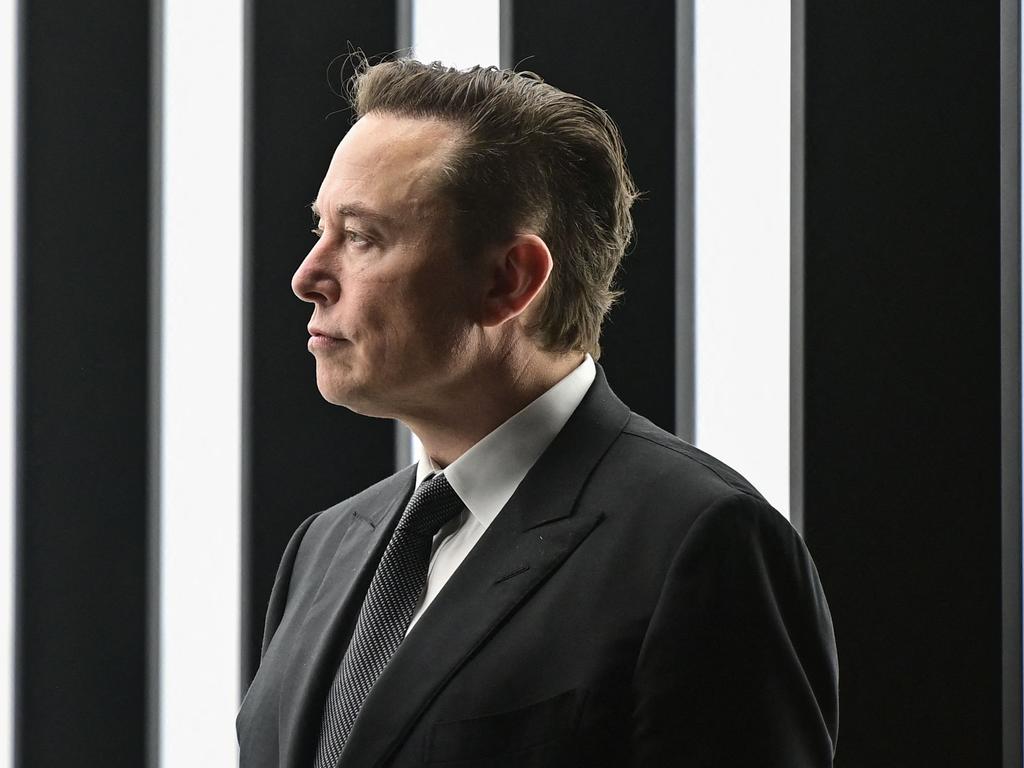
In the US, the news has been greeted with jubilation from many on the right and dismay from many on the left. Some progressive activists have deleted their accounts already, while conservative Fox News host Tucker Carlson has started tweeting again after boycotting the platform following his suspension earlier this year.
Despite the huge reaction, we do not know yet the details of Musk’s plan to change the platform. The conservatives who imagine broad and deep changes may end up being disappointed, while the progressives who quit their accounts may end up back in a few weeks, pretending they never left.
One thing is clear, however, and that is that Musk’s task is going to be a difficult one. Social media platforms do not have a dial with “free speech” at one end and “censorship” at the other.
Increasing free speech is not as simple as twisting a knob in a certain direction.
Not only that, but people have different perceptions and definitions of what free speech is in the first place. What is free expression to one group of people is abuse and harassment to another. And conditions that allow for one group of people to speak freely can lead, at times, to the intimidation and silencing of others. These social and group dynamics are difficult to resolve even at the best of times, let alone in times of war, epidemics, inflation and recession.
Last year, for example, I experienced two large pile-ons (Twitter jargon for when you are tweeted at by thousands of users simultaneously, sometimes for hours or days on end). Was it free speech when activists circulated images of my children online without my consent? Was it free speech when a YouTuber with more than one million followers called me a “Nazi” and a “piece of shit” when I disagreed with him that Australia was running “concentration camps” in the Northern Territory?
You might argue that these incidents are clear cases of harassment, but many others, particularly Americans, would disagree with you.
These experiences can be draining if they are repeated often enough, even for the most thick-skinned of individuals.
Since these episodes last year, and since being attacked viciously from both sides – often at the same time – I’ve changed my use of social media. I no longer think of it as fun and very rarely tweet “in the moment”.
And my experience is not unusual. Joe Hildebrand, one of the funniest journalists in Australia, left the platform never to return, and Leigh Sales recently has deleted her account after writing about the torrent of attacks she has received just for doing her job.
Many other people I know who once enjoyed cracking one-liners and sharing pithy insights now rarely venture on, associating it with the ugliest aspects of human nature. I don’t blame them. It is no coincidence that it is those who lean towards the centre in their political views who attract the most vitriol.

As social psychologist Jonathan Haidt recently wrote in The Atlantic, social media has given a megaphone to the hard left and hard right, trolls and Russian bots. People with agreeable temperaments are put off by the toxicity of Twitter and stay away altogether. Or if reasonable people are on the platform, they often remain silent.
Haidt argues that social media has allowed the fanatics of political tribes to intimidate the moderates into silence.
There is some indication that Musk is aware of this. In a tweet sent on April 20, he declared: “A social media platform’s policies are good if the most extreme 10% on left and right are equally unhappy.” This suggests Musk is aware of the problem of fanatics intimidating others into silence on Twitter, and suggests he may be thinking carefully about solving this problem.
In an article for Quillette, entitled Musk and Moderation, tech entrepreneur Jim Rutt argues that Musk should aim for free speech around ideas or points of view but implement strict rules around decorum, limiting harassment and abuse, writing: “Strong and sensible decorum moderation makes a wide and free marketplace of ideas more practical. It is the name-calling, flaming, mob harassment and other kinds of personal attacks that make discussion of controversial issues so difficult and ugly online. Failure to enforce decorum leads to the ‘heckler’s veto’ whereby vicious personal attacks from dissenters make discussion so painful that reasonable people are driven away.”
Paradoxically, free speech conducted in good faith may be able to thrive only in places where the moderation of abuse is quite robust – such as that which occurs at this publication. The rule for healthy internet forums tends to be “we don’t care what you think, we care how you act”. Twitter’s current policies seem to promote the opposite, with arbitrary bans on thoughtcrime – such as the suspension of the New York Post for running the story of Hunter Biden’s laptop – with a laissez-faire attitude towards behaviour.
Of course, asking everyone to have good manners is going to be an uphill battle on a platform with 217 million active daily users. If Musk’s vision of a digital town square is to be realised, how will it cope with those who don’t have the temperament or the tolerance to engage in respectful conversation? I hope Musk succeeds. But I fear this new mission may be his most challenging one yet.
Claire Lehmann is founding editor of Quillette, a platform for free thought.






Since Elon Musk’s deal this week to purchase Twitter, a debate has exploded about what a revamped platform might look like in the hands of the free speech champion. “Free speech is the bedrock of a functioning democracy,” Musk has declared, “and Twitter is the digital town square where matters vital to the future of humanity are debated.”